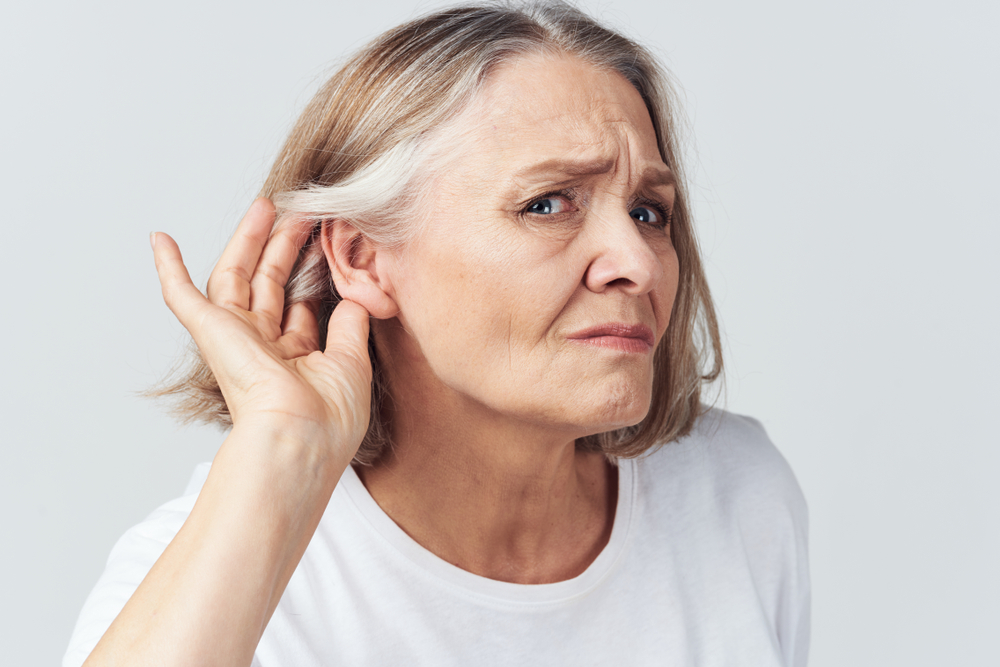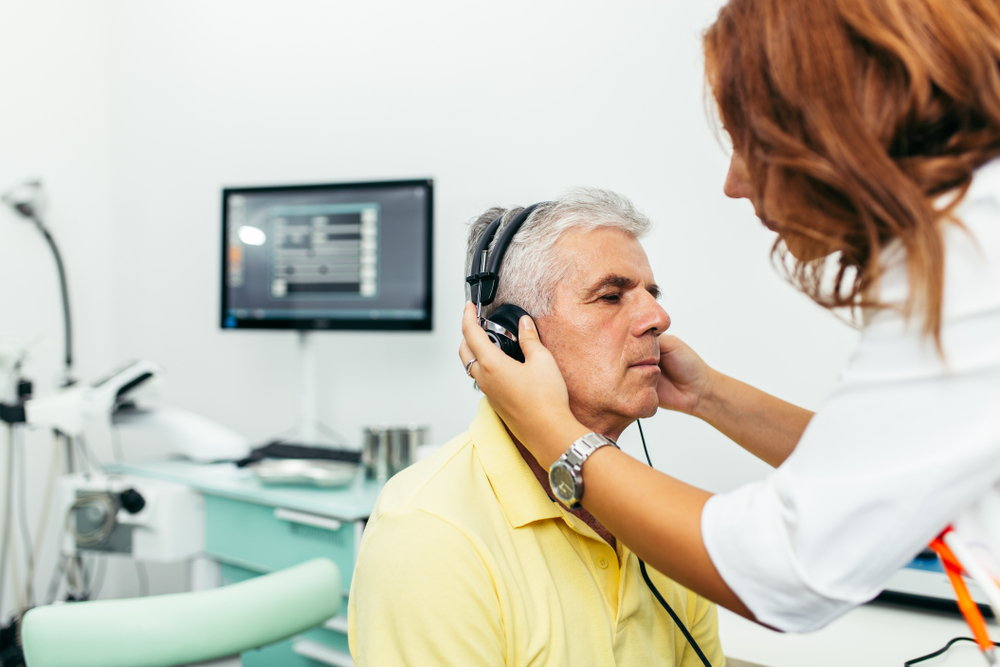Are you still noticing some hearing loss after an ear infection? Here’s the low-down on when to go back to the doctor.
The ear pain and pressure of an ear infection can make you lose a lot of sleep, but lingering hearing loss after an ear infection can make you worry enough to lose even more. If you walk around squinting at people’s lips and wishing you knew why your family just laughed at the dinner table, it’s time to talk with a specialist.
Ear infections and hearing loss
The middle ear is connected to your nose and throat via the Eustachian tube, which provides important ventilation to the middle ear and allows fluids to drain out into the throat–when everything is working properly. The tube also collapses to prevent mucus from the nose and throat from backing up into the middle ear. A cold, the flu, allergies, sinus infections, or drastic altitude changes can block this drainage system, leaving gunk to fester in your cozy middle ear. This creates the ideal environment for bacterial infection–but a terrible environment for good hearing. That’s when the pain, pressure, fever, and hearing loss of otitis media strikes.
On average, an ear infection can cause a 24-decibel hearing loss, just because of the fluid backup. This is about the same amount of hearing loss you’d experience when wearing earplugs. The thicker the fluid backup in the ear, and the longer the infection lingers, you might lose up to 45 decibels of hearing. In either case, you’ll find yourself cranking up the volume on the TV just to hear the news, possibly irritating everyone else in the room.
Ear infection-related hearing loss can make you feel left out of conversations and make friends and family frustrated when you keep asking them to repeat themselves. It can take a few days to get your hearing back after an ear infection, so it’s best for everyone involved to practice a little patience–but also to be vigilant if your hearing doesn’t return within a reasonable time frame after the infection has passed, or if symptoms worsen.
When to see a specialist about hearing loss related to an infection
If you have ear pain or think your ear is infected you should see a doctor. Over the past few years, doctors have generally prescribed antibiotics. But even if your doctor felt it would resolve on its own, if your infection is accompanied by a very high fever, facial swelling, a lump under the ear, or mood changes, go back to see the doctor right away. With these symptoms accompanying your ear infection and hearing loss, the doctor will probably prescribe an antibiotic, which should clear up the problem fairly quickly.
If there’s no sign of infection and the ear appears to just be clogged, try these self-care options at home for the first two weeks:
- Hot compresses and showers–Use a washcloth moistened with comfortably hot water and press it gently to your ear, or enjoy a hot shower and allow the steam and warmth to provide relief.
- Decongestants–Ask your doctor whether a decongestant will help. Since congestion is one of the main problems behind ear infections, a decongestant might provide some relief.
- Avoid excessive chewing–Stick to soft foods you don’t have to chew very much; a lot of chewing can aggravate the pain of a clogged ear.
As with any illness, get plenty of rest (sufficiently propped up to allow your Eustachian tubes to drain) and stay hydrated. Usually, after the ear infection goes away, the hearing should come back. But if you’ve done all that and your hearing doesn’t come back after the infection is resolved, you should definitely see a hearing specialist for assistance.
Recurring ear infections and long-term hearing loss
Recurring ear infections can cause something called “tympanosclerosis”–the fancy medical term for scar tissue and calcium deposits left in your middle ear or on the eardrum. This can cause “conductive hearing loss”, which may not go away completely without treatment or hearing assistive devices. Depending on the extent and type of tympanosclerosis, further medical treatment, surgery, or hearing aids may be required to get your hearing back.



